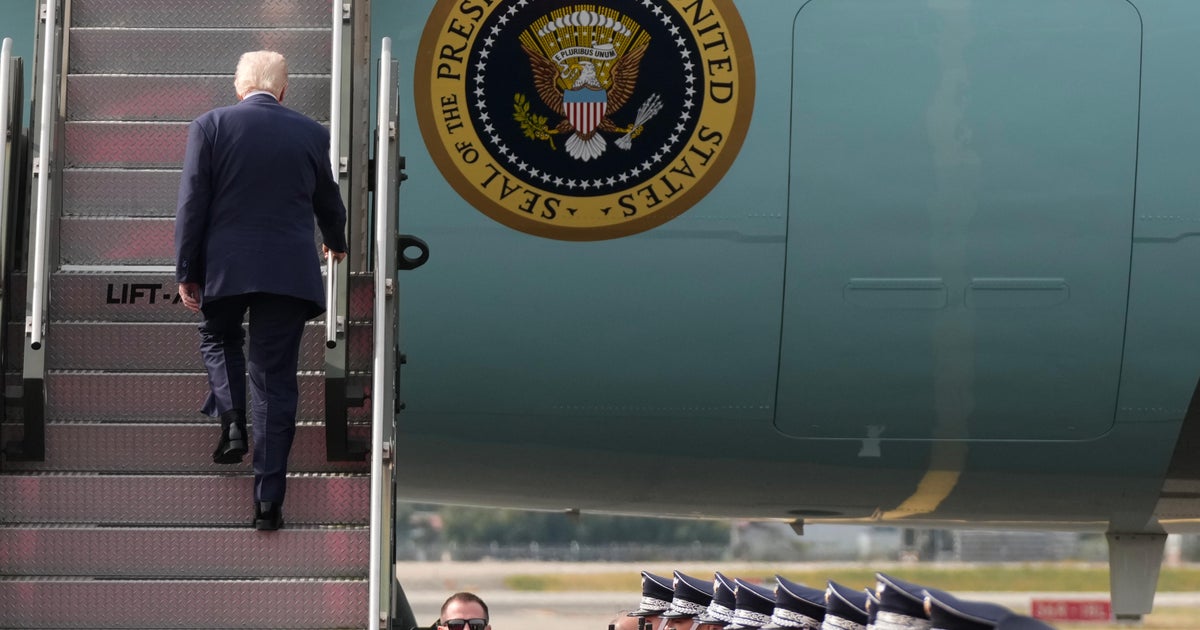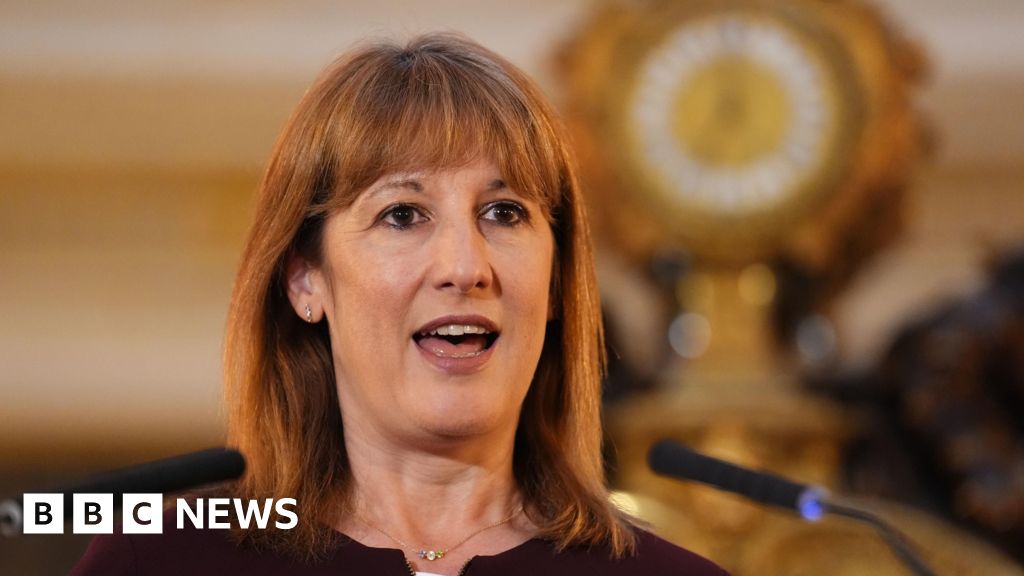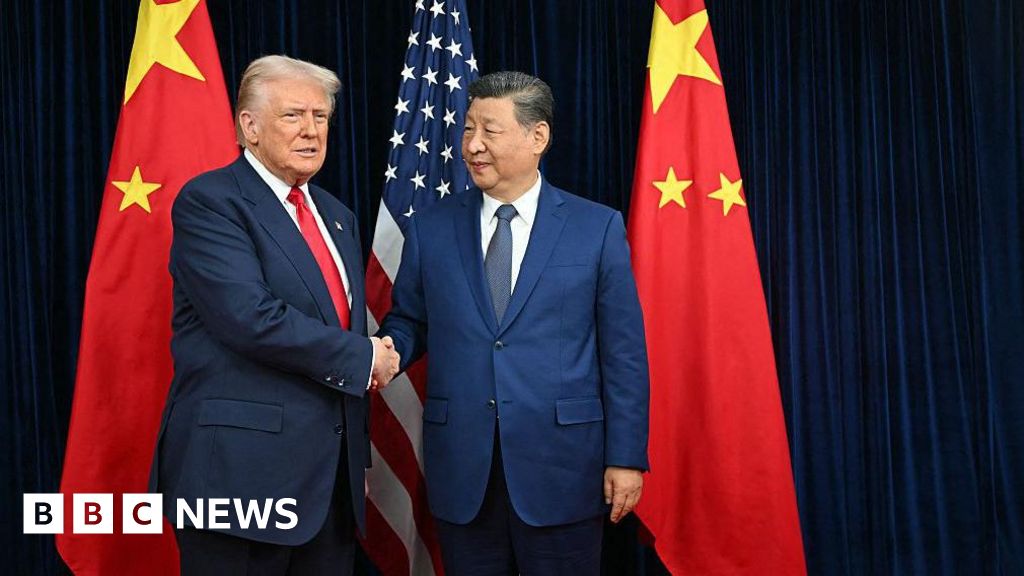The gulf between Australia’s two biggest supermarket chains has continued to widen as Coles’ sales growth beat its larger rival for the seventh consecutive quarter, while Woolworths’ chairman sought to reassure shareholders it had turned the corner after nearly two years of underperformance.
Coles’ total sales growth of 3.9 per cent for the first quarter of the new financial year outstripped Woolworths’ 2.7 per cent figure revealed yesterday, suggesting it gained further market share.
Chief executive Leah Weckert said she was pleased to see the supermarket operator sell more groceries and pick up more customers.

Leah Weckert has reason to beam: Coles’ sales growth has consistently outperformed Woolworths’.Credit: Eamon Gallagher
“The volume rate for us is really strong right now. One of the things that is driving that is really good growth in transactions,” Weckert said on Thursday morning.
“That is new customers coming into Coles and actually our existing customers visiting us more often as well, so we’re really excited about that.”
Sales from Coles’ supermarket business grew 4.6 per cent on a like-for-like basis to $9.96 billion. Revenue from own-brand products grew 5.3 per cent, driven by its Coles Finest range, which boosted sales by 15 per cent in the 13-week period.
Meanwhile, Woolworths chair Scott Perkins faced hours of questions from shareholders, some of whom asked about reputation damage and loss of public trust in the company amid price-gouging claims against the nation’s grocery giants.
“[Price trust is] clearly an area where Woolworths took its eye off the ball. We took our eye off the ball in a period of quite dramatic change,” he said at Woolies’ annual general meeting, referring to multiple government inquiries into supermarket pricing, the departure of long-serving CEO Brad Banducci, a worker strike that dealt a $240 million blow to sales and consumers’ changing shopping patterns.
“It’s early – we’ve got a lot more work to do,” Perkins said.
Loading
Australia’s biggest supermarket chain disappointed investors on Thursday with muted sales growth despite lowering prices on 750 products. In a call with reporters, chief executive Amanda Bardwell conceded yet another set of subpar results.
“I will begin by acknowledging that the group’s overall sales performance during the first quarter remains below our aspiration,” she said. “We know there are things that we need to get consistently right.”
Woolworths has ceded market share to Aldi and Coles following a series of blunders, said JPMorgan lead consumer analyst Bryan Raymond.
“The execution advantage which Woolworths has enjoyed over Coles has been eroded and is a key driver of year-on-year sales momentum, which is firmly in Coles’ favour over [the next six months],” Raymond wrote in a note to clients.
Weckert said she was pleased with how Coles’ non-food categories were performing, while Woolworths had called out its pet and baby categories as weaknesses as it struggled to restock nappies and lost pet food sales to the likes of Amazon, Costco and Bunnings.
Loading
Coles’ liquor sales declined 1.1 per cent and tobacco sales slumped 57 per cent, due to the growing illegal market of vapes and cigarettes. Its share price fell 2.9 per cent on Thursday afternoon.
As the all-important Christmas trading period approaches, there were early signs that customers might be shopping around less for bargains and sticking more with their preferred supermarket.
“Customers are starting to indicate that convenience is more important to them,” said Weckert. “But I think it’s very early days for that, and it probably will take some time for behaviour to revert back.”
Christmas will be a battleground for grocery retailers, with Aldi this year looking to win more market share during this key business period. The German-headquartered discount supermarket picked up more customers at the height of cost-of-living pressures, but its growth has slowed as interest rates and inflation dropped, household budgets eased and Coles and Woolworths aggressively lowered prices on everyday items.
Woolworths’ Amanda Bardwell said she was “cautiously optimistic” about the Christmas trading period, outlining the “need to do better” in own-brand (a strength of Coles’), offer clearer price tiering, fresher-quality produce and “address underperformance” in the company’s languishing New Zealand and Big W businesses.
“We are determined to get back to our best this Christmas and give customers every reason to do their entire shop with us, whether that be in store or online,” said Bardwell.
The Business Briefing newsletter delivers major stories, exclusive coverage and expert opinion. Sign up to get it every weekday morning.
Most Viewed in Business
Loading


















































